Mental health is a state of well-being in which an individual realizes his or her own abilities, can cope with the usual stresses of life, can work productively, and is able to make a contribution to his or her community.
Equality among the community is a renowned subject that is always being fought for everywhere in society. Yet the equality for mental health remains unaccomplished over the decades. People become bewildered, ignorant, judgemental, and merciless having heard of a mental health matter rather than a physical one.
It is such a pity that this leads to mental health stigma and discrimination in society making millions of people with mental illnesses stay tongue-tied and conceal unheard without reaching out for help. Stigma and discrimination refer to the negative way of seeing and treating someone because of a mental illness.
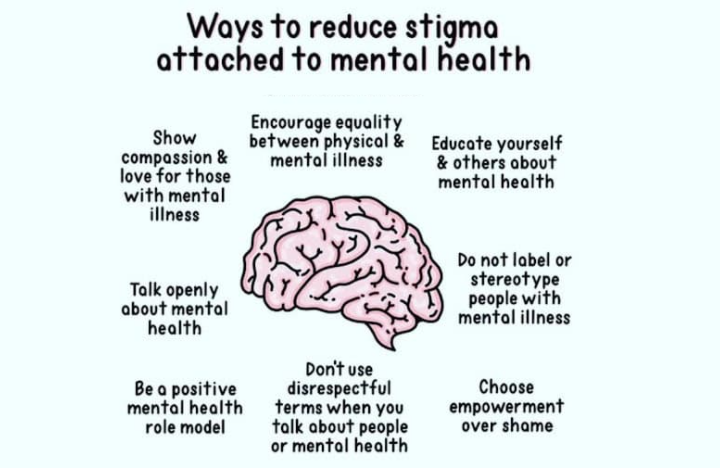
The theme for 2021 highlights that access to mental health services remains unequal with between 75% to 95% of people with mental health challenges in so many countries unable to access mental health services at all. Having stated that, it emphasizes the undeniable need of taking necessary action for we are living in a world where we cannot access the support we need, when we need it, leaving basic human needs unmet.
Mental health awareness gets obscured by stigmatization perpetuating mental health inequality locally and globally. The stigma begins at the very first and the smallest unit of the society, the family.
The World Health Organization recognizes World Mental Health Day on 10th October every year, with the goal of raising awareness of mental health matters and mobilizing efforts in support of mental health around the world. The World Federation for Mental Health freshens up the utter attempt this year, under the theme of “Mental health in an unequal world”.
Many prominent mental health theorists have described that a person’s personality finishes its primary formation by the early ages of childhood and some wounds do not heal with time having the same temperament in their personality organization. It stifles them as adults and they carry the hurt with them always. Thus, the most essential step is to create a safe haven for the children inside their family, validating their feelings, allowing them to be open about mental health, and rigorously putting an end to child abuse.
Depression, Anxiety, Obsessive-Compulsive Disorder (OCD), and Personality disorders, as the most common problems, and Bipolar disorder, Schizophrenia, as severe problems, mental illnesses vary widely. Although the symptoms are common in specific cases no two people behave in the same way when they are unwell.
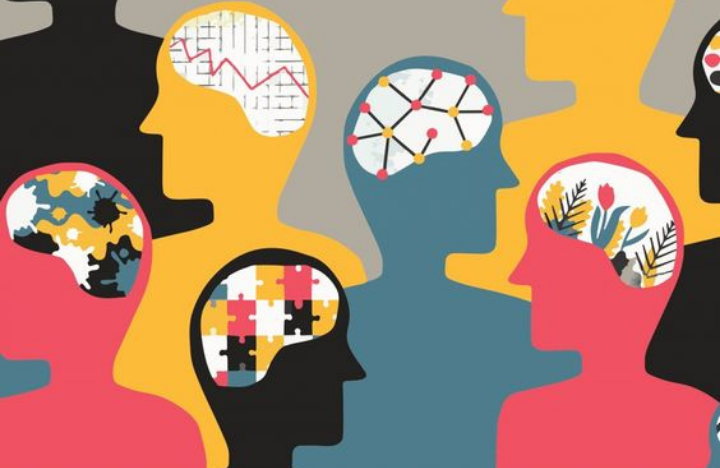
Some people feel troubled without having been diagnosed or diagnosable but that does not mean they do not struggle to cope with their daily lives. Hence, trauma should not be compared with one another belittling anyone’s struggle. Each and everyone’s mental health should be mattered and health bureaus must encourage mental health therapy by expanding it for everyone’s access.
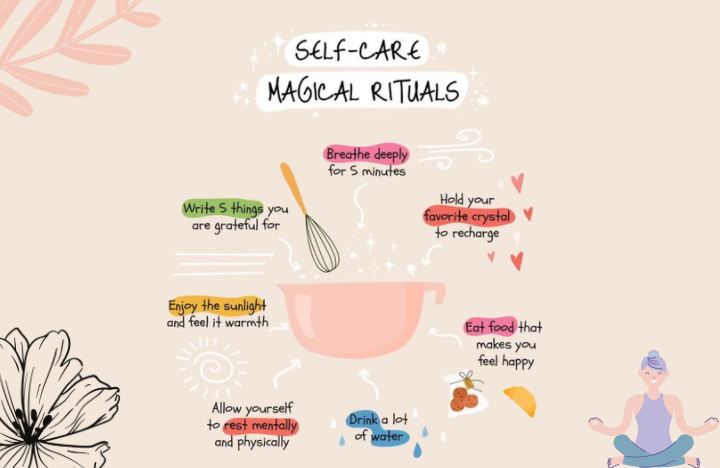
Individuals must be equally accepted regardless of their struggles and unannounced battles within them. Most mental health matters simply require acceptance until the person heals by themselves. We must care for ourselves as well as for others. Mental illnesses trap people inside their comfort zones due to the inability and lack of enthusiasm to accomplish goals they once were passionate about.
Reaching out does not seem attention-seeking or weak, it just makes a person stronger and easier to heal. Self-respect is vital to say “no” to toxic relationships and environments. Self-acceptance is also important as it is the beginning of a healing process.
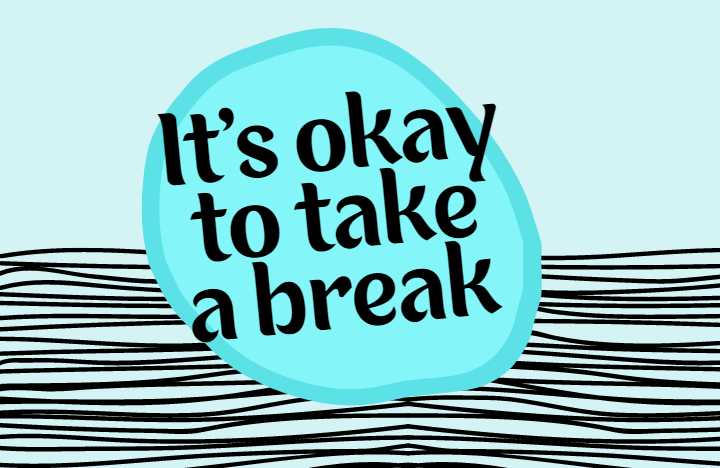
Equality also involves age, gender, and social status. Society must normalize men needing emotional support, adults needing therapy, and the poor needing acceptance. The social response always has a substantial adverse effect on one’s ability to survive with a mental illness.
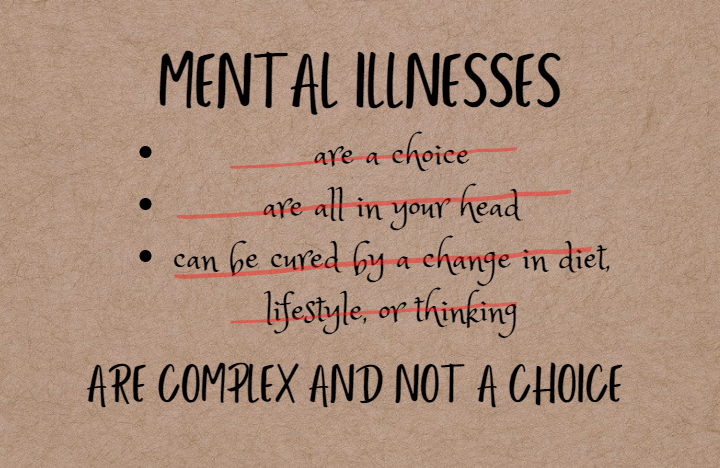
The community must be educated more and more about mental health and must be encouraged to identify the significance of equality between physical and mental illness.
970 million people worldwide have a mental health or substance abuse disorder and estimations show that mental disorders are attributable to 14.3%, approximately 8 million deaths worldwide each year. Let that sink in and break the stigma. Mental illness is complex and is not a decision or a choice. It just costs a single little act of humanity and grace so we could make a safe and equal world for all of us.
Written by Rtr. Gayanjalee De Silva

Learnt alot from this!!❤ thankyou for writing
♥️♥️
Amazing 😍
This is worth reading Gaya. Well done! ❤
Thank youu Prinee ❤️